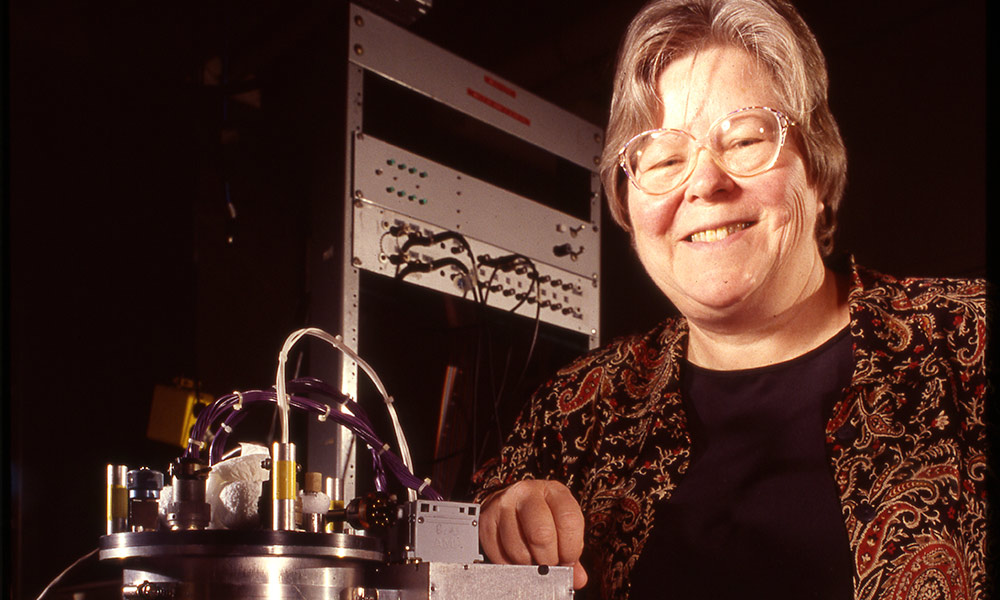
Judith Pipher remembered as a trailblazer in the field of infrared astronomy
The professor emerita, known as the ‘mother of infrared astronomy,’ had a profound impact on research into astronomical phenomena and the origins of the universe and was a pioneer for women in science.
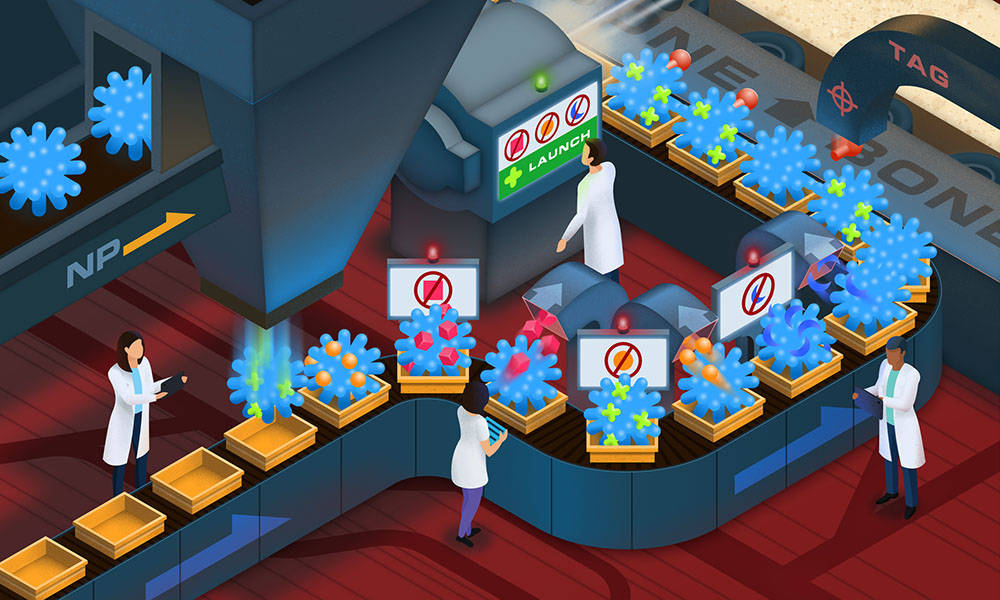
Rochester researchers seek ‘direct hit’ on leukemic stem cells
An internal funding program, plus the close proximity of the University’s engineering and medical facilities, promotes progress in a potential treatment for acute myeloid leukemia.
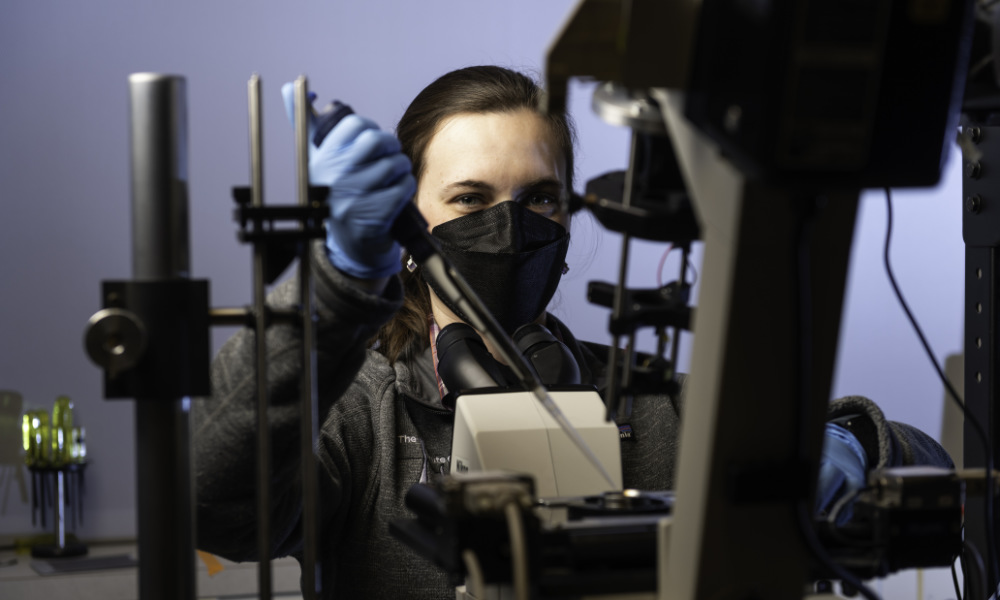
Institute of Optics expands graduate recruitment amid soaring national demand
Two new awards will help the University of Rochester address a pressing need for highly trained PhD graduates and prepare a more diverse pipeline of optics professionals.
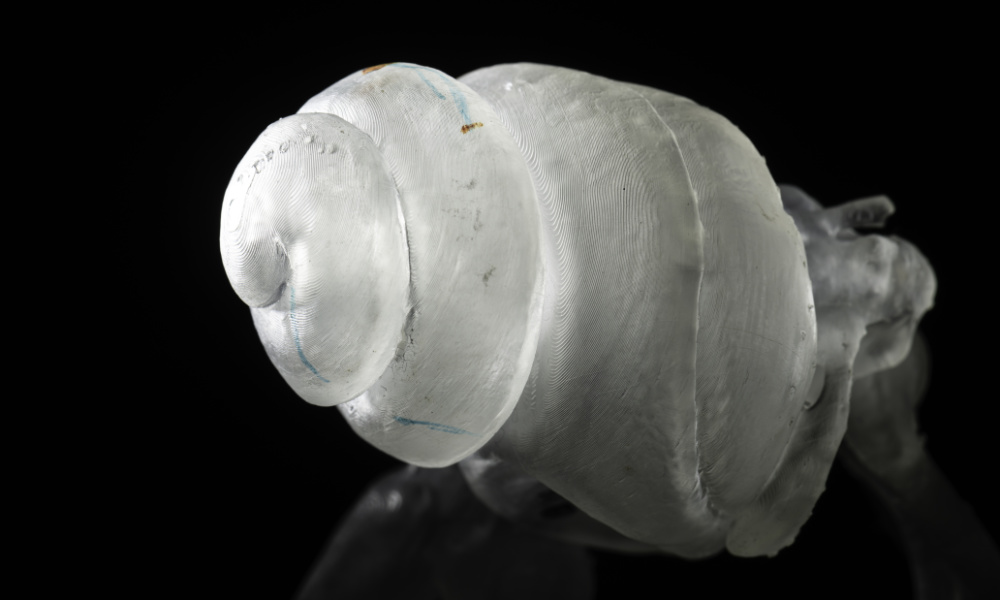
Will hearing aids ever be as effective as corrective eyewear?
Despite recent advances in hearing aid technology, users frequently complain that the devices tend to amplify all the sounds around them. Rochester researcher Jong-Noon Nam believes a key part of the answer to this problem lies inside the cochlea of the inner ear.
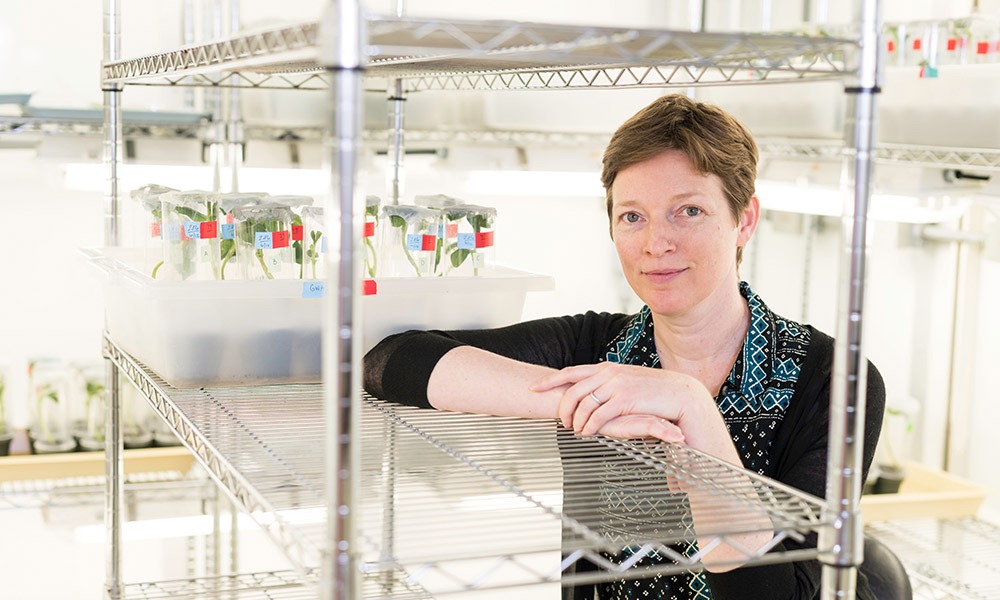
Grant helps biologist study ‘complex interplay’ of nature and nurture on genes
Jennifer Brisson, an associate professor of biology, will further her study of phenotypic plasticity, which describes how an organism’s development is influenced by its environment, with a five-year, $2 million NIH grant.
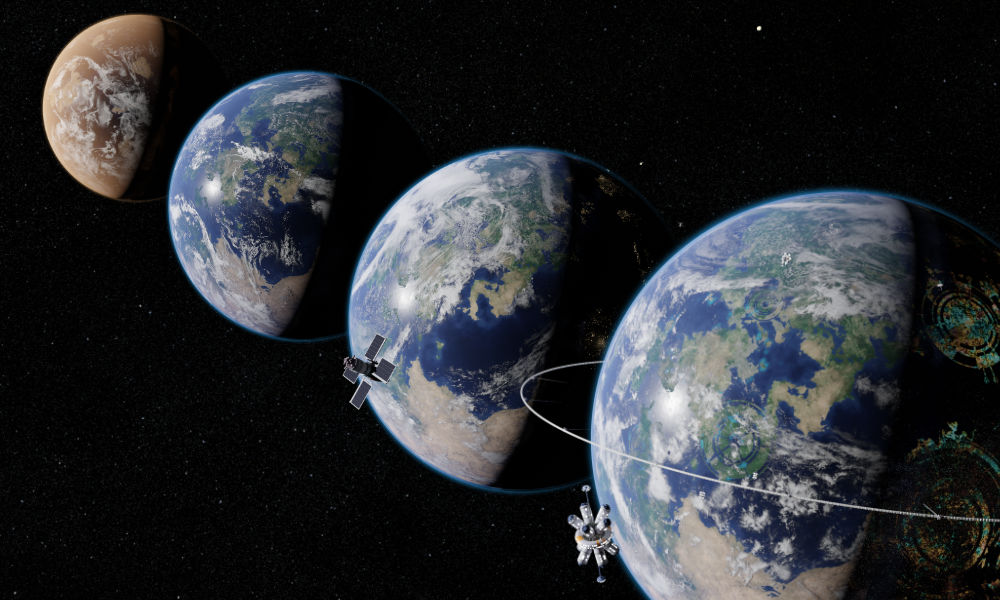
Can a planet have a mind of its own?
Adam Frank, the Helen F. and Fred H. Gowen Professor of Physics and Astronomy, asks, if a planet with life has a life of its own, can it also have a mind of its own?
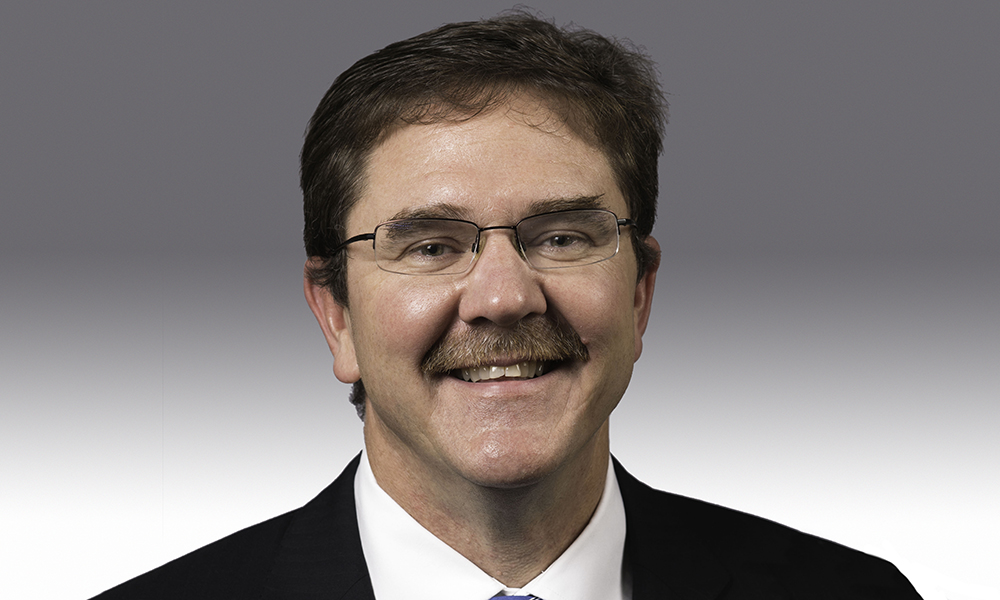
National Academy of Engineering honors Rob Clark
Clark is among the 111 newly elected members of the academy, considered one of the highest distinctions for an engineer.
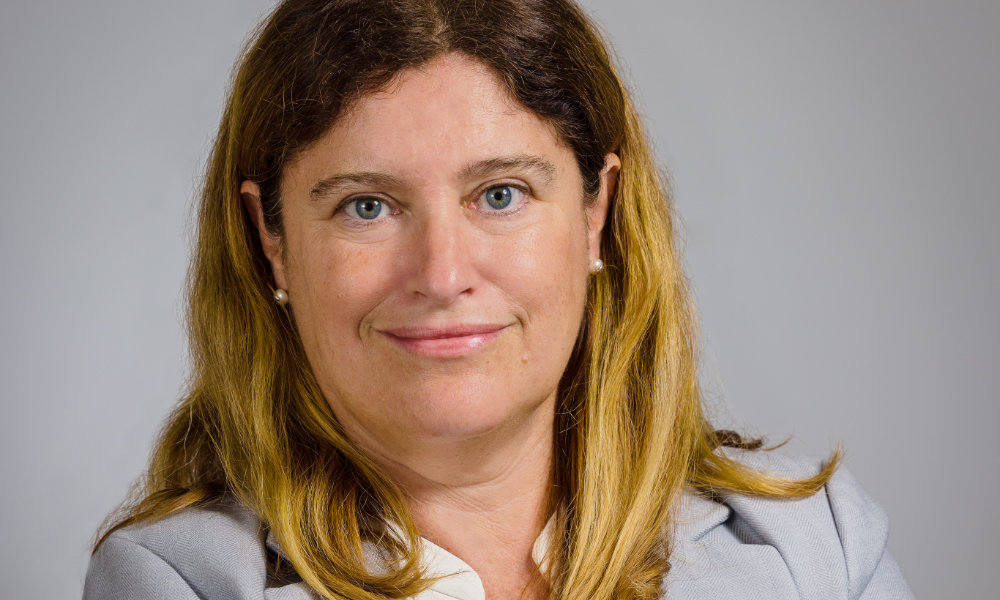
International vision association honors Susana Marcos
The Center for Visual Science director has been elected a Gold Fellow by the Association for Research in Vision and Ophthalmology.
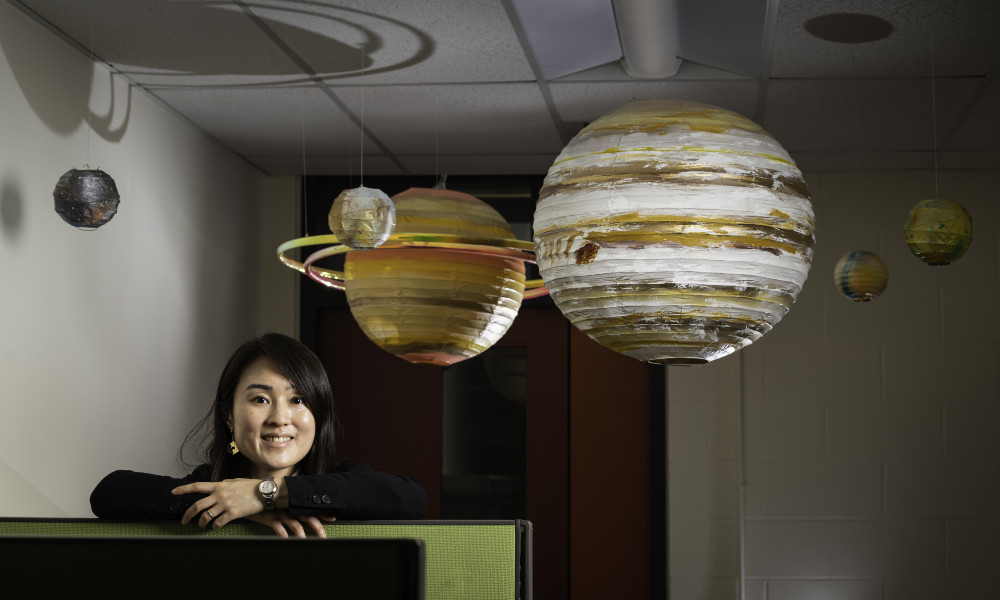
Moons may yield clues to what makes planets habitable
In the search for Earth-like planets, University of Rochester scientist Miki Nakajima turns to computer simulations of moon formations.
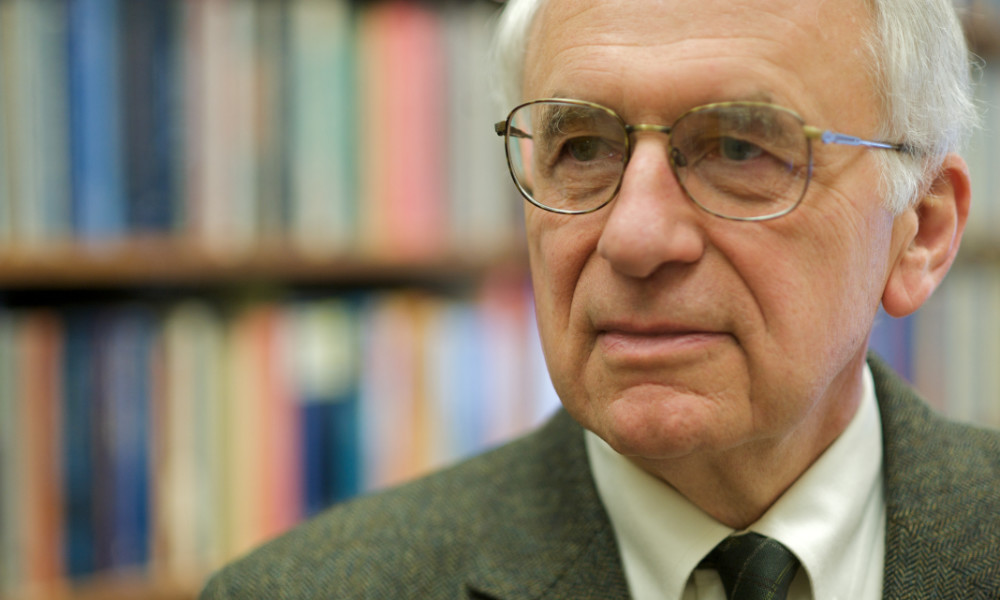
At age 80, John Thomas writes new chapter in an illustrious career
The Rochester professor emeritus and new American Astronomical Society fellow now explores the brain’s waste disposal system.
